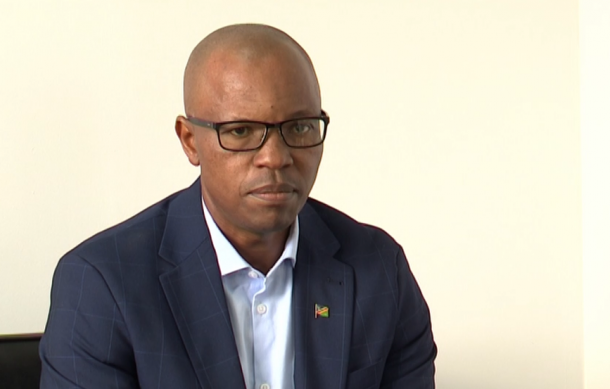
Legal analyst Yarukeekuro Ndorokaze has called for a review of Namibia's Electoral Act following the Supreme Court's Friday ruling that both the Electoral Commission of Namibia (ECN) and President Nangolo Mbumba acted lawfully in extending the election period.
Ndorokaze argues that the legal framework governing electoral disputes has created a procedural quagmire that must be addressed to ensure consistency in future elections.
Yarukeekuro Ndorokaze, during a sit-down with nbc News, shared his opinion and said that the country's most senior court has spoken, leaving very little to no chance for the Electoral Court to differ with the Supreme Court's ruling.
Under the current legal framework, the Electoral Act distinguishes between challenges to National Assembly elections and those concerning the presidential election.
The Act requires that disputes over National Assembly results be handled by the Electoral Court, a division of the High Court, while challenges to presidential election results must go directly to the Supreme Court.
Although these are separate elections, they are conducted simultaneously, with voters receiving two ballot papers on the same day.
Ndorokaze contends that any irregularities affecting one election are likely to impact the other, yet the law subjects them to different judicial processes.
"The problem we are facing now is that the Supreme Court has already made a determination. This raises the question of what the Electoral Court is supposed to do now. It can't deviate from the Supreme Court's ruling because in our legal hierarchy, decisions of the Supreme Court are binding on all other courts."
He further said that if the Electoral Court were to rule differently, its decision would likely be overturned on appeal, reinforcing the Supreme Court's original position.
Ndorokaze believes the situation has exposed a legislative anomaly that was likely unintended.
As a solution, he proposes an amendment to the Electoral Act to ensure that all election-related disputes, whether presidential or parliamentary, are adjudicated in a single forum.
"It should be one process. Either the Supreme Court or the High Court should hear both matters at once. Why? Because it allows parties to present their full arguments, and if necessary, they can appeal. The benefit of an appeal is that it gives the Supreme Court the chance to confirm or correct the lower court's decision, ensuring a fair and well-reasoned final outcome."
The Electoral Court is set to hear IPC and the LPM's challenge for the National Assembly elections of last year.
The parties charge that the president's proclamation to extend the election days was illegal, but the Supreme Court has found it to be legal.





